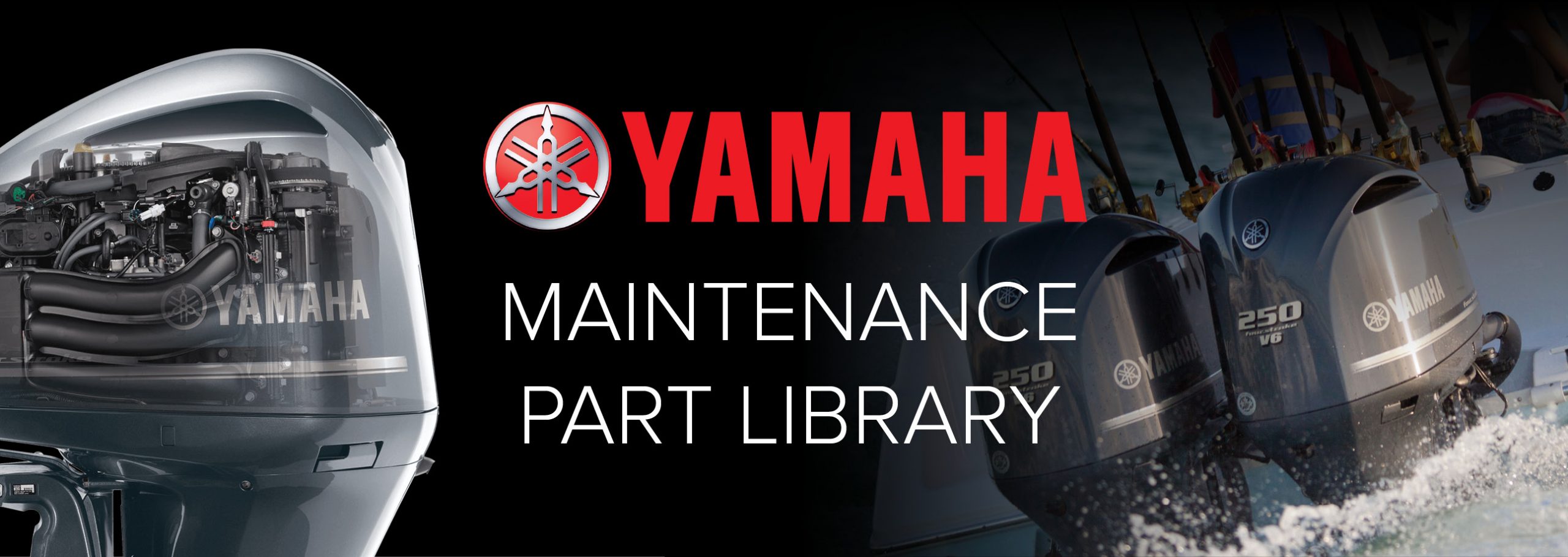Conducting boat maintenance is one way to ensure you and your loved ones are always safe at sea. All boats take a beating, especially when they are used regularly. With a few tips, you can learn ways of caring for your boat. The heavy annual maintenance can be left to professionals. Here are maintenance tips every boat owner needs to know.
1. Store Your Boat Correctly
Boat storage is crucial; it protects it from weather-related damages. Outdoor storage will require a cover; you have to prepare the vessel for days or weeks of inactivity. You also need to ensure the boat remain ventilated even after being covered. Indoor storage is ideal, especially during winter; you should consider renting a space for your boat when you are not using it. Storing on the waters needs de-icers or bubblers to protect it against ice. Keeping it on the water is the best option for larger vessels.
2. Keep The Exterior Clean
You need to prioritize cleaning the exterior for a few reasons apart from showcasing the boat’s beauty. It will keep the finishing intact; when you leave it for too long, it will eventually erode. Also, a dirty hull increases fuel cost; cleaning will help it perform better. Cleaning is in every boat maintenance checklist. Cleaning will also expose any damages or potential issues on the boat exterior. You can address such issues before they undermine the value of your water vessel.
3. Keep An Eye On The Engine
For trouble-free cruising, the engine needs to be working perfectly. You should service the engine at least once every year. Check to see if there are any cracked hoses, corrosion, and the outboard motor should be secured. Learn to identify when you need Yamaha outboard parts to replace any damaged ones. Be keen on different vibrations or noises because they can indicate that something isn’t right with the engine.
4. Flush the Engine
Still, on the engine subject, you need to flush it preferably after every outing. If you can, ensure it’s done as soon as possible. Rinsing it with clean water will prevent engine corrosion and salt from depositing in the lower unit. However, even when you run on freshwaters, you need to flush it after an outing. It will help you get rid of sand or muck. Some modern boats have a built-in flashing system; check the operating manual to see if you have one.
5. Remove All Electronics, Carpets, and Food
When you winterize, ensure you remove your electronics, carpets, and any other thing that can be sensitive to the cold. Moisture can harm a lot of electronic equipment that are essential for a boat. You can only leave them if it’s a home-stored boat and it stays indoors. If you are leaving it outside for a long time, don’t leave anything that might be damaged. Removing food will discourage pests and other animals from entering your boat. Keeping these things safe will help you reduce the amount of work you will do when it’s time to sail again.
6. Dry The Upholstery Before Long-Term Storage
Use a cloth to absorb every bit of moisture in gaps, zippers, and seams before you store it for a long time. If the sun is up, leave the boat outside uncovered for a few days and let the sun dry it naturally. You will be battling a lot of molds if you store it when it’s not completely dry. It will make it harder for you to prepare for your next sailing. Mildew and mold are tough to get rid of from upholstery vinyl, so prevention is better.
7. Lubricate All Grease Points
Like any vessel with moving parts, your boat needs to be adequately lubricated. If the grinding parts work without lubrication, the wear and tear will increase, and it can compromise the boat’s performance. So grease your pulleys, cables, and bearings as often as possible. The trick is also using anti-corrosion lubricants to offer moving parts more protection. Inspect the cables for damaged spots and replace them immediately.
8. Have a Professional Inspection
Every boat needs a professional inspection once in a while. Unless you are a mechanic and boat expert, find a reliable mechanic you can use. They can help you properly maintain your vessel by pointing out issues and giving suggestions. The experts will fine-tune your existing routine maintenance. An inspection is more critical after prolonged seasonal use. Otherwise, you will miss minor issues that will become bigger with time. The good thing is they perform a thorough inspection compared to you.
Conclusion
Boat maintenance is critical; you need to take care of it so it can stay with you longer. The engine is one of the essential parts, so ensure it’s properly taken care of. Remember to always clean with fresh water and marine chemical products.
